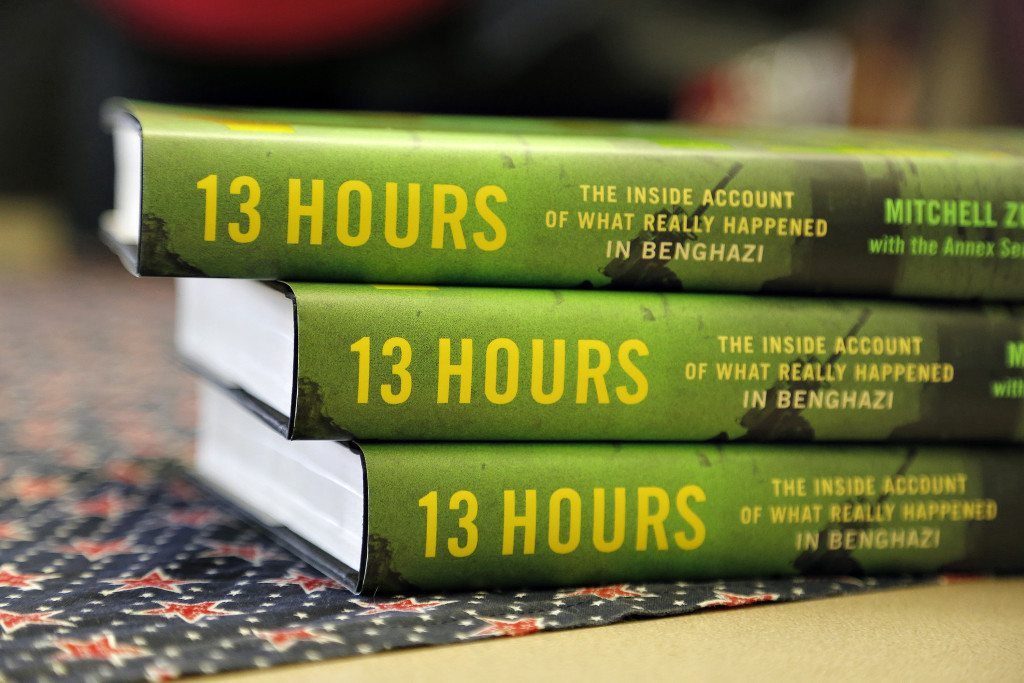With a trailer just released for the upcoming movie “13 Hours: The Secret Soldiers of Benghazi,” more information is coming to light on the decisions made by government officials during the terrorists attacks on the U.S. consulate in Benghazi on September 11, 2012.
The emphasis of debate has focused on the 13 hours of fighting that occurred between the terrorists and the U.S. security personnel. What has received less attention were the CIA’s attempts to strengthen the consulate and annex’s security and the State Department’s reaction to those attempts.In previous interviews, members of the CIA security team briefly stated how they requested increased security measures for the consulate and CIA annex and how those requests were rejected.
There was far more involved with the State Department’s denials, however. Weeks before the attacks that occurred the agent in charge of the CIA security detail, fed up with the State Department’s refusal to address the dangerous security posture of the consulate and annex, sent a series of official cables to Washington demanding that changes be made. Keeping with the professionalism and dedication that defined his decade long service to his country, he was blunt and honest with the words he chose.
Senior State Department officials, like most individuals holding senior positions within private and government bureaucracies, obtain those positions because they value career progression and power over doing what’s right. By embracing caution, risk-aversion, and groupthink they ensure that they don’t make decisions that can latter be attributed to failure.
This caution, risk-aversion, and groupthink are formulated by senior officials appointed by politicians and then blindly embraced by each subordinate leader all they way down the chain of command. When one leader uses the words “don’t, “can’t”, “shouldn’t”, and “won’t” his next in line does the same. These words find momentum as they descend through the hierarchy.
Correlated to this caution, risk-aversion, and groupthink is the political waltz involved with speaking to, writing to, and interacting with members of your own agency, as well as those agencies with which you do business.
In the case of Benghazi, the CIA team fell under the umbrella of State Department control. By sending an official cable to Washington, the agent placed his career in the hands of State Department officials. By choosing the hard right over the easy wrong, i.e. by choosing words that were blunt and realistic instead of words that placated and equivocated, he failed to follow the delicate movements required in the State Department’s political waltz. The result?
Viewed by State Department officials as insubordination and disrespect, his cables were the justification they needed to remove him from his post. Just weeks before his assessments and actions were vindicated by tragedy, he was ordered back to Washington.
While his actions might have ultimately led to his personal safety, the actions of the State Department ultimately led to the deaths of four Americans and the life-long injury of others.



